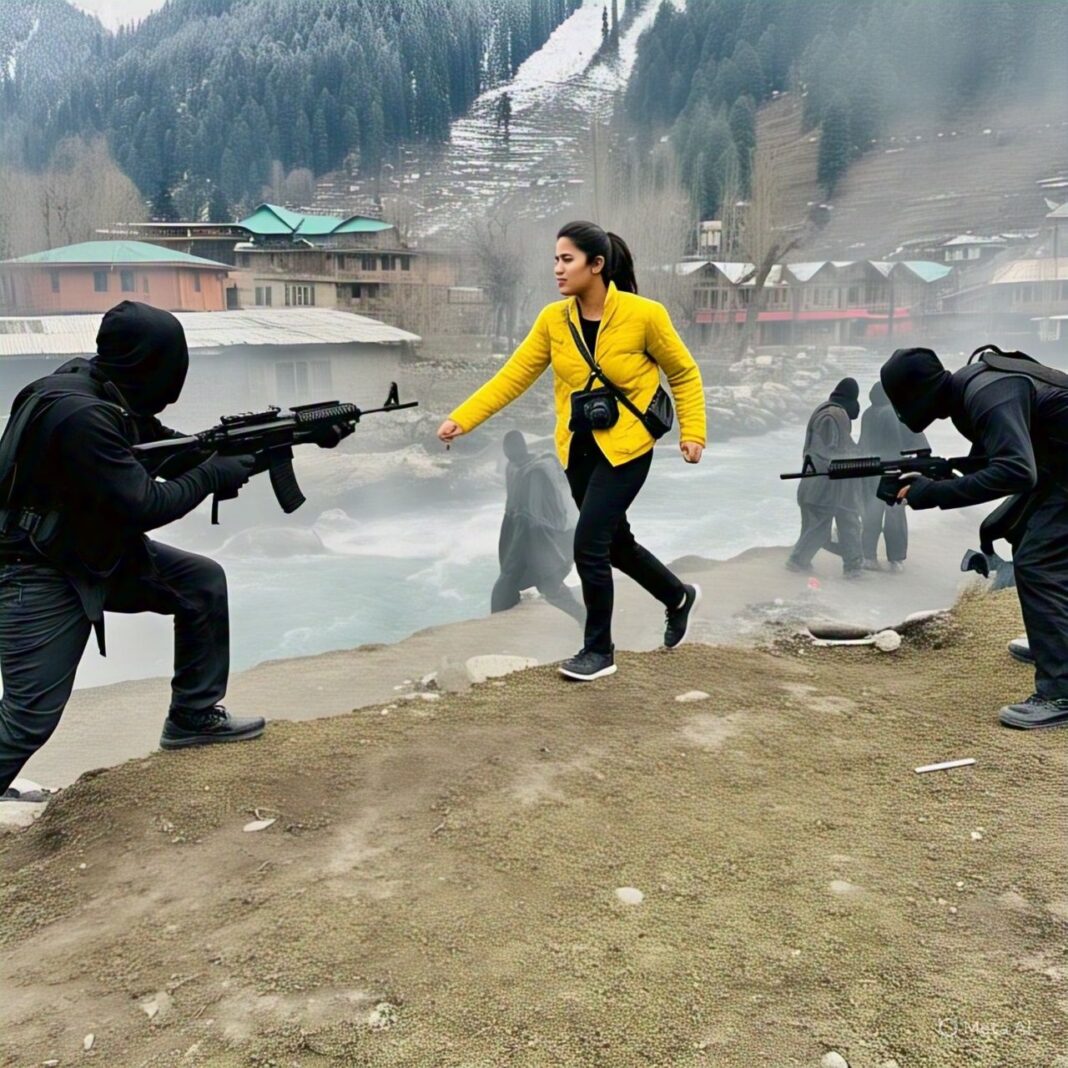The recent terrorist massacre of 26 civilians, primarily tourists, in Pahalgam, Kashmir, presents the most significant challenge for Prime Minister Narendra Modi’s government in its 11-year tenure, potentially surpassing the 2019 Pulwama attack in complexity. The April 22 attack, claimed by The Resistance Front (an LeT affiliate), has created a multifaceted crisis by highlighting security vulnerabilities, contradicting claims of improved safety, and placing the government in a difficult position across domestic, international, and internal messaging fronts.
Domestically, the government, known for its strong national security stance, faces immense pressure to deliver a decisive response that assuages public anger, particularly given the targeting of civilians. This response needs to appear more significant than previous actions like the Balakot airstrikes.
Internationally, while India received widespread global sympathy post-attack, it must carefully calibrate its retaliation. Any action must be significant enough for the domestic audience but avoid crossing lines that could alienate the international community or portray India as a disproportionate aggressor, thereby losing the victim narrative.
Internally, the most nuanced challenge lies in managing the political messaging. The government must resist leaning into majoritarian rhetoric. Leveraging the widespread condemnation of the attack by Kashmiris themselves is crucial for national unity and projecting strength. Alienating Kashmiris or Indian Muslims through divisive politics would inadvertently serve the terrorists’ objectives.
While Prime Minister Modi has granted operational freedom to the armed forces and initiated a diplomatic offensive against Pakistan, navigating this crisis requires a sophisticated blend of decisive security action, careful international diplomacy, and mature statesmanship to maintain national unity and effectively counter the perpetrators.







